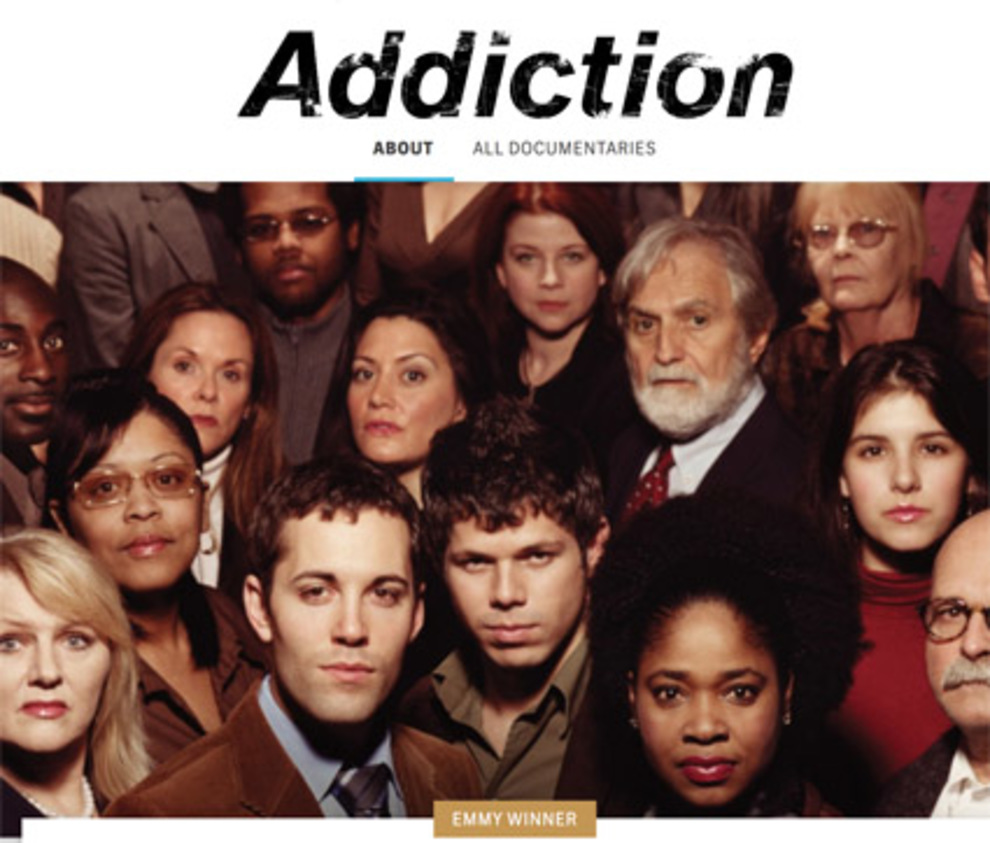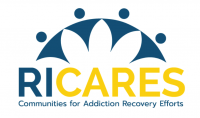Bribes, Incentives, and Positive Reinforcement – Part 1
Our Allies member writes in for guidance about offering to reward her son for attending addiction recovery group meetings. She is unsure however, if she is implementing the CRAFT concept of rewards correctly. Laurie MacDougall, an Allies contributor and mother of a loved one who has successfully used CRAFT, shares her thoughts on the difference between bribes, incentives, and positive reinforcement.
Hello
My son is 23 and a cocaine addict. We have had a conversation about recovery groups. I was thinking about offering to sponsor him to attend a few meetings, i.e.: a reward for attending a meeting…. maybe offering to pay for some food that week.
What are your thoughts on this.
It’s complicated when we implement it
It sounds like you are really thinking about ways to reward your son and reinforce positive behavior. Understanding all of the fine details of how and when to reward our loved ones can actually be very complicated and daunting. So, I was hoping I could share a few concepts that I learned on my journey that might inspire how to best use this CRAFT approach.
The first thing to take into account is that a reward should be something that is pleasurable to our loved one and NOT something WE want or think our loved one needs. So, rewards can be some form of affection like a hand on the shoulder, a smile, a favorite video game, having lunch together, encouraging words, etc… It could also be a book with inspirational ideas or quotes – as long as our loved one wants to read that book. If you find the book inspiring and want your loved one to read it because you feel it pertains to them, that may not actually be rewarding. In fact, they may see it as a judgement or an attempt to control them.
Bribes and incentives are not sustainable
The second concept that took me a while to grasp is that bribes or incentives are not ways of reinforcing positive behavior. Bribing, in particular, almost always never works. Often times it makes situations worse. Incentives might work once or twice, but can fall apart quickly.
Bribe scenario
Mom is on the phone and the child is loud and disruptive while mom is talking. Mom then gives the child a lollypop as long as the child stays quiet. The problem then becomes, the child finishes the lollypop and there is no reason to stay quiet anymore. Instead, it would benefit the child to act up because mom may produce another lollypop. If mom gives a second lollypop, the child’s bad behavior is now reinforced. The child has learned that acting up produces a reward!
NOTE: A BRIBE IS A REWARD GIVEN BEFORE, WITH THE PROMISE OF A PARTICULAR BEHAVIOR.
Incentive scenario
Dad wants his son to go to Refuge Recovery meetings because he is sure his son will like them. Dad promises his son to buy him cigarettes if he attends a meeting. After the meeting dad gives his son a couple of cigarettes out of the pack and promises more if he will attend more meetings. The son does and after each meeting, dad gives him more cigarettes. After a while, the son starts to complain that his dad is trying to control him. His dad is forcing him into something. Really, Dad is manipulating his son into doing something he thinks is beneficial.
NOTE: AN INCENTIVE IS SOMETHING THAT IS PROMISED BEFORE AN EXPECTED BEHAVIOR BUT GIVEN AFTER IT OCCURS.
Another issue I have found with bribery and incentives is they both show all of your cards. It is very clear what YOU want out of your loved one and if they cannot produce then you might be disappointed. In the second scenario, what if the son does not like Refuge Recovery meetings? Will Dad be let down? Does he have to keep going just to get cigarettes? All of this makes the situation a lot more complicated… just one hiccup and it could all backfire.
So what does reinforcing positive behavior look like?
Reinforcing positive behavior is waiting until our loved one behaves in a particular way and then rewarding them for it. So, reworking the two scenarios given above:
- Mom notices that the child is quietly playing with a toy while mom is on the phone. Mom keeps the conversation short and then says something like, “Thank you so much for giving me the time to take that important phone call. How about you and I sit at the table and have some milk and cookies together?”
- Dad notices his son has started attending Refuge Recovery meetings once a week and says something like, “I appreciate how tired and difficult it must be to get to a meeting after a day at work, I am proud of your effort. Let’s grab a bite to eat together.”
NOTE: REINFORCING POSITIVE BEHAVIOR IS WHEN THE REWARD IS GIVEN AFTER THE BEHAVIOR IS OBSERVED.
A loved one needs to own their behavior
With reinforcement, there is no suggestion of behavior on the part of the person giving the reward. When we wait for the behavior to happen and then offer a reward, our loved one has the opportunity to own their behavior. It was their idea; we just support it. We are giving them space to learn about themselves and we are pointing out what is good about them and their ideas. We are stepping back and allowing them to control their own lives.
I hope that some of what I have laid out here will help with your question. I can say that I have yet to see bribes and incentives work well. I have, however, reinforced positive behavior in my own house and have had success with it. None of this is easy and takes practice and patience on our part.
It is great to see and hear from people that are working at CRAFT. I encourage you to stick with it. You and your loved one are worth all of the effort.
Remember, you are not alone!!!
Laurie









